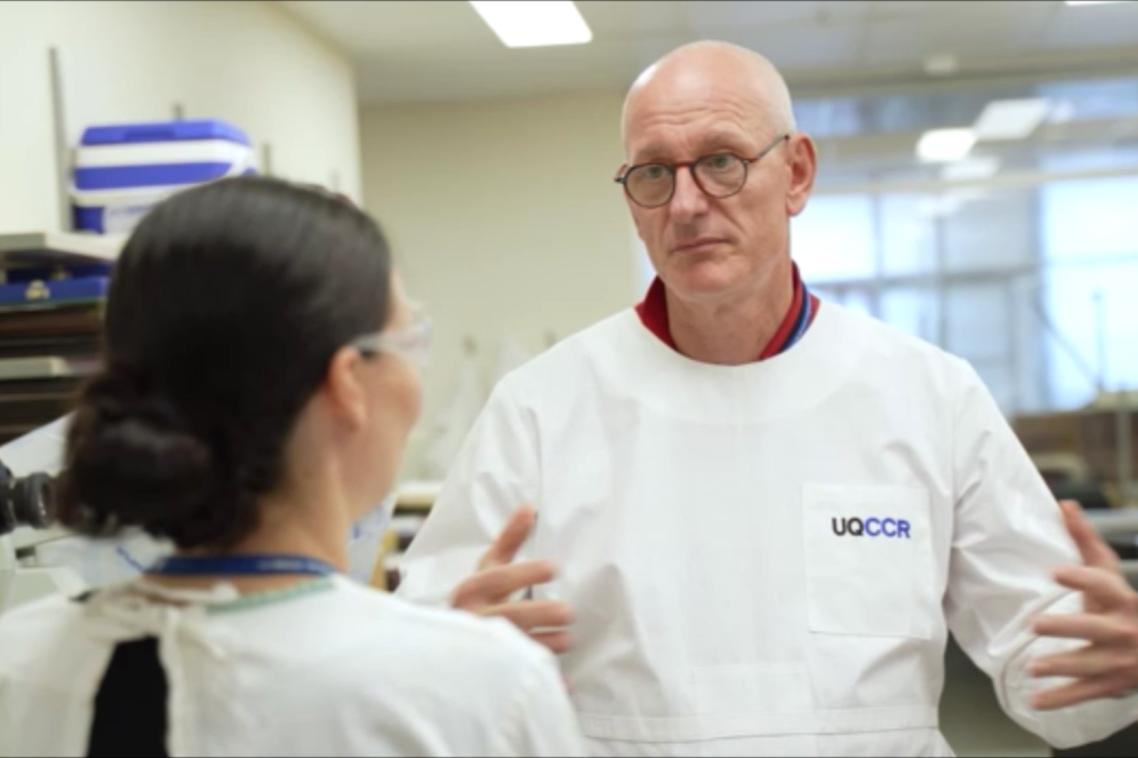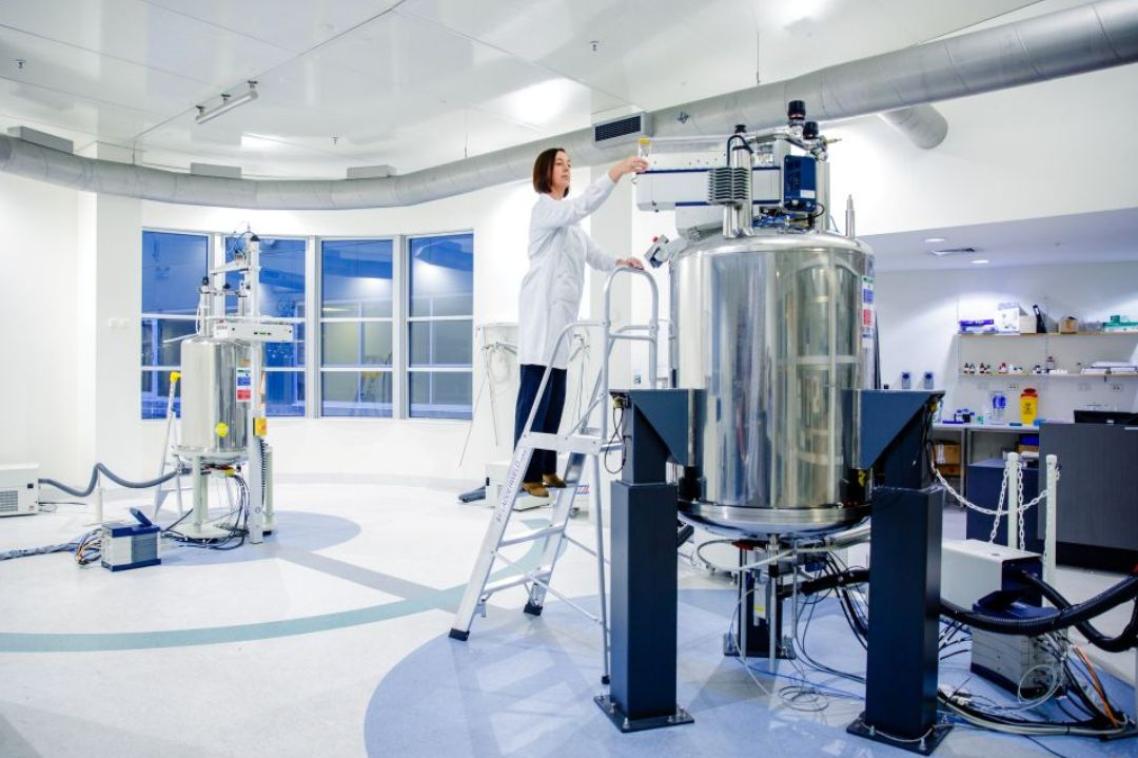Ladybeetle research a natural defence against pests
A University of Queensland research project is promoting the humble ladybeetle as one of the best pest solutions for citrus and custard apple growers.
Mary Finlay-Doney, as part of her Phd research, has been studying how effective ladybeetles are as a natural biological control against mealy bugs, which affect a range of crops.
Aptly named the “mealybug destroyer” (Cryptolaemus montrouzieri), the particular species of native ladybeetle Ms Finlay-Doney has been studying is able to effectively control the spread of the pest in an orchard, thereby reducing the need for chemical pesticides.
“Ladybeetles have been released, usually in large numbers, as a natural pest control in modern monocultures for more than 100 years,” Ms Finlay-Doney said.
“The problem is trying to ensure that they will work each time they are released."
Ms Finlay-Doney said her research looked at the best way to distribute the ladybeetles in an orchard as well as how many were needed to get optimal results.
“What the research has shown is that the ladybeetle larvae are more effective than the adult beetles and we are working to set a protocol for the number of beetles per tree that is needed,” she said.
“With the right number we have found that we can control pests in under a week and only one application is needed.”
She said growers were extremely interested in her research as they were always looking at ways to control pests without heavy pesticide use.
“The great thing about my research is using a native organism to improve agriculture provides a long term environmentally sensitive and sustainable solution,” she said.
Ms Finlay-Doney, 26, said she always knew she wanted to be an entomologist from a young age when she was fascinated with insects.
“Bugs are found everywhere and they have such important roles in the world,” she said.
“I find the diversity intriguing.”
The project is funded by an ARC Linkage Grant and is a collaboration between UQ and the biological control company Bugs for Bugs, which is based in Mundubbera.
Media inquiries: Mary Finlay-Doney (07 3365 7995) or Andrew Dunne at UQ Communications (07 3365 2802).
Related articles

A meeting of the minds that could transform treatment

UQ experts recognised for national impact
Media contact
UQ Communications
communications@uq.edu.au
+61 429 056 139
